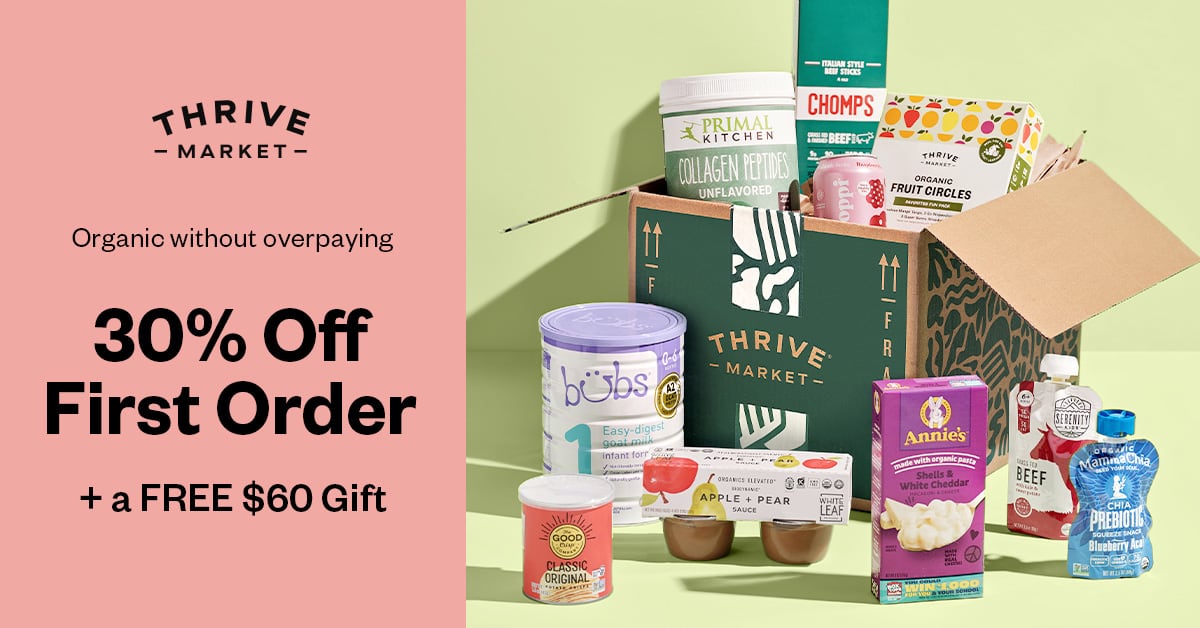7 Nutrients You May Be Missing On A Plant-Based Diet (And What To Do About It)
For most of us who have transitioned to a more plant-based diet at some stage in our lives, you’ll be familiar with that initial feeling of vitality. A feeling of lightness and endless energy; like you’re still full, but less sluggish (and for those with ethical motivations, less of a guilty conscience). Then for some, the honeymoon effect starts to wane and some symptoms might start occurring like hair loss, brittle nails, hormonal issues, or fatigue.
Many experts say this could be caused by nutrient deficiencies and if left unaddressed, these imbalances could contribute to serious health concerns long term. It’s not to say this happens to everyone, but if you’re not paying attention to exactly what you’re eating, you can put your body at risk. I know this first hand as this happened to Laurentine and me years back.
So I hit the books and consulted with medical professionals to bring together this definitive guide of seven nutrients that you may be missing in a plant-based diet. I’ve also taken the time to explain what to do if you are deficient.
1. Iron
You’ve heard this one time and time again; and while there is some bias to it, there are elements of truth too. When considering nutritional science, plant-based sources of iron (non-haem) require an extra step for absorption, meaning it may be more difficult to be absorbed in the body. Although there are ample sources of iron outside of animal products, you do have to be conscious that you’re meeting your body’s needs! The top sources for a plant-based diet include lentils, chickpeas, hemp seeds, and non-GMO tofu and tempeh, alongside other vegan sources of protein.
It’s also important to have Vitamin C alongside your plant-based sources, so be sure to up your acerola, camu camu, and Goji berry intake, or invest in a good quality Vitamin C supplement too. Here's a Vitamin C we recommend.
2. Vitamin B12
B12 is the other most commonly addressed deficiency in plant-based diets. This water-soluble vitamin is so important for our overall health because it aids in metabolism (the breaking down process) within every single cell in the human body. Unfortunately, plant-based sources of Vitamin B12 are almost impossible to come by. If pasture-raised, organic eggs are in your diet, these are a great source, otherwise, nutritional yeast is a great vegan option - with an additional cheesy flavor too. There are talks of ‘sunbaking’ mushrooms to enhance their B12 properties, however, there isn’t sufficient evidence to support this claim yet. For severe deficiency, seeing a practitioner for good quality supplements is essential.
3. Omega-3 Fats
While nutritional debates are almost always centered around what kinds of fats we’re eating, and common misconceptions, one thing that we know is our population needs more omega-3s to balance out the omega-3 to omega-6/9ratio. Although fish is a wonderful source of omega-3 (S.M.A.S.H. Fish according to Dr Mark Hyman best - Sardines, Mackerel, Anchovies, Salmon & Herring), it’s actually thought that this is due to the foods the fish are eating; algae. Ocean Robbins, a food researcher and activist, explained this in a recent interview. Another great source is flaxseed or linseed, chia seeds, and hemp seeds.
4. Calcium
Purely considering marketing, the dairy industry has done an incredible job of convincing populations that their products are the best source of calcium. However, mounting evidence is now showing us that dairy products may even inhibit calcium absorption. While most plant milks will have some fortified calcium, we prefer to recommend foods as close to nature as possible. Try almonds, oats, organic non-GMO tofu (check on the label that it's set with calcium chloride or calcium sulfate), and spring greens. It’s also important to note that although spinach contains calcium, it's mostly bound to a compound called oxalate, which limits absorption, and you would have to consume a lot of it to meet the RDI.
5. Iodine
This mineral is crucial for thyroid function, which in turn regulates hormones throughout the body, and it’s found in sea vegetables such as nori and sea lettuce. Some cereals and grains can be a source of iodine, the levels vary depending on the amount of iodine in the soil where the plants were grown.
6. Selenium
Not only is selenium needed for metabolism and thyroid function, but it also plays a role in protecting the body from damage caused by oxidative stress. The top plant-based source of selenium is brazil nuts, with just one nut containing twice the RDI for this mineral. Non-plant-based sources include organ meat (liver pate is a good start), sardines, and oysters.
7. Zinc
While here in Australia, zinc is most commonly used as a form of sun protection for long days at the beach, our bodies need it internally too. This essential mineral supports the immune system to function properly as well as playing a role in breaking down carbohydrates, but typically sources of zinc have included oysters and lean meat. For the top plant-based sources, look to legumes like chickpeas and lentils (sprouted if possible) and seeds like pumpkin seeds to meet your daily needs.










